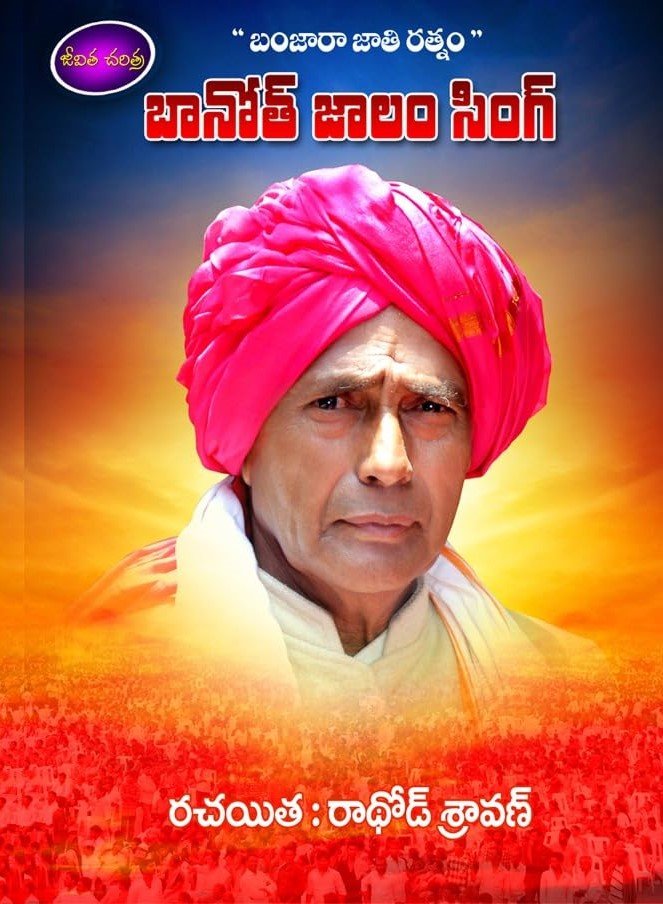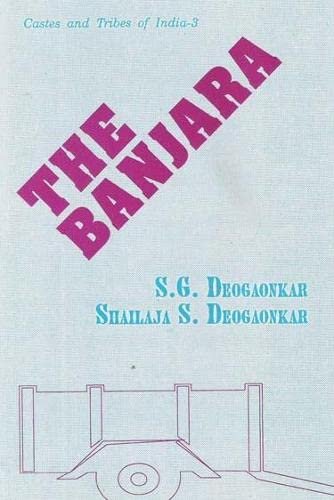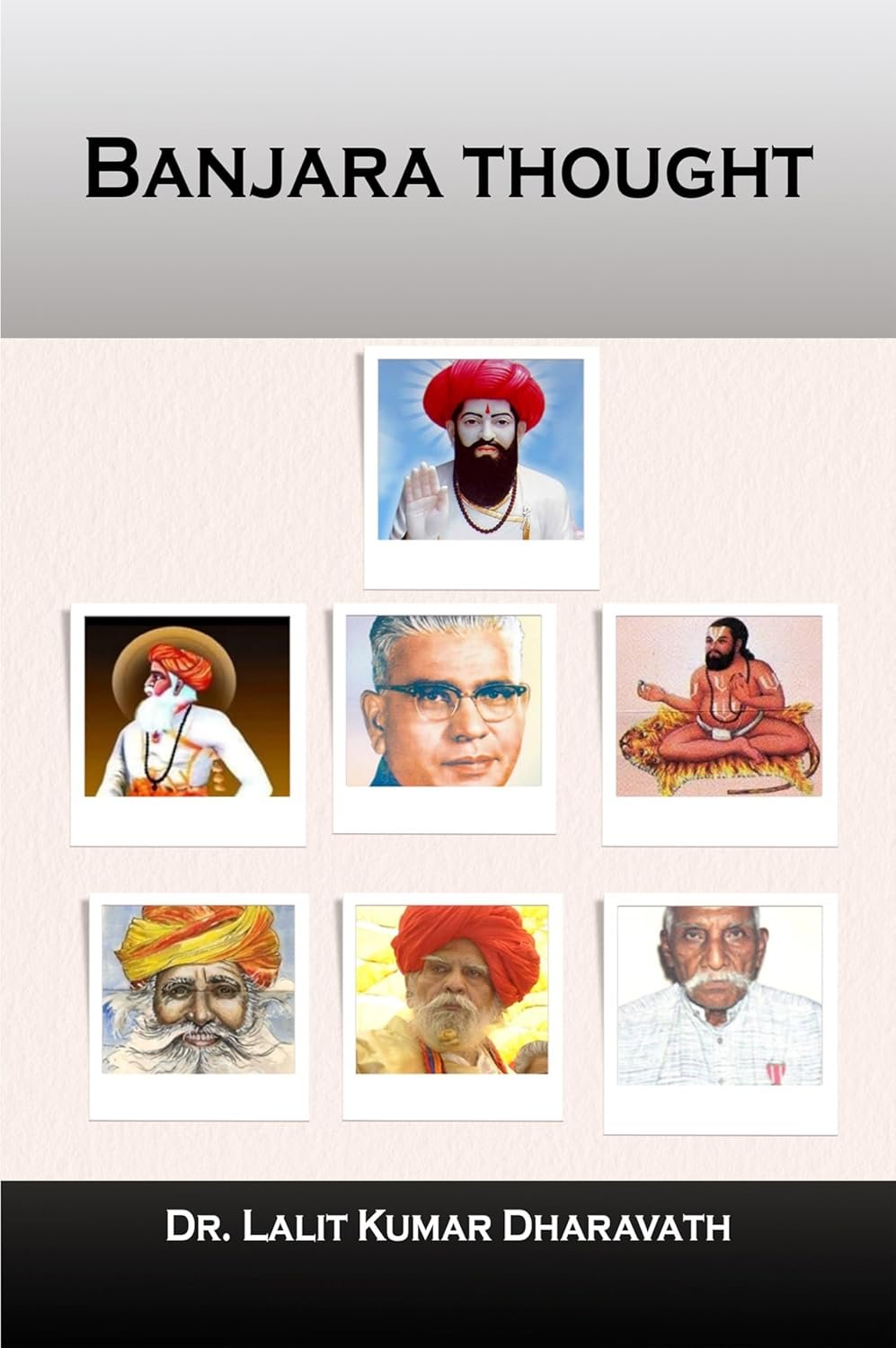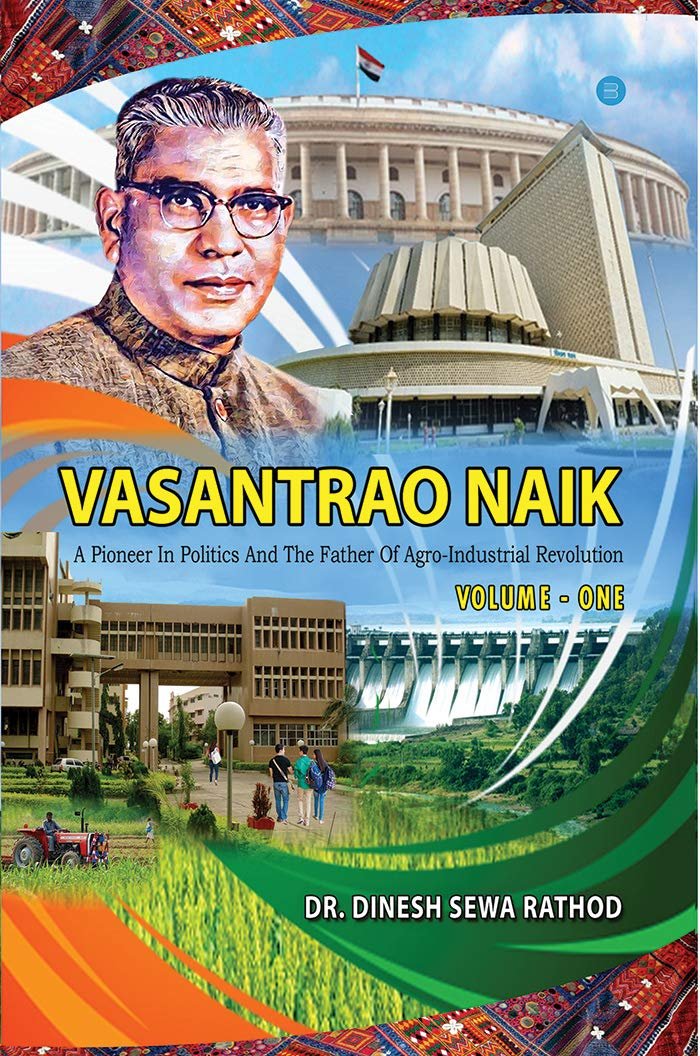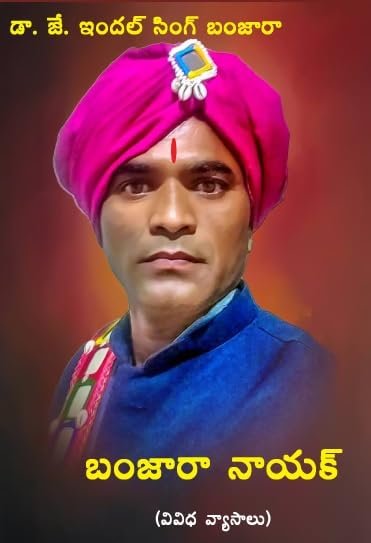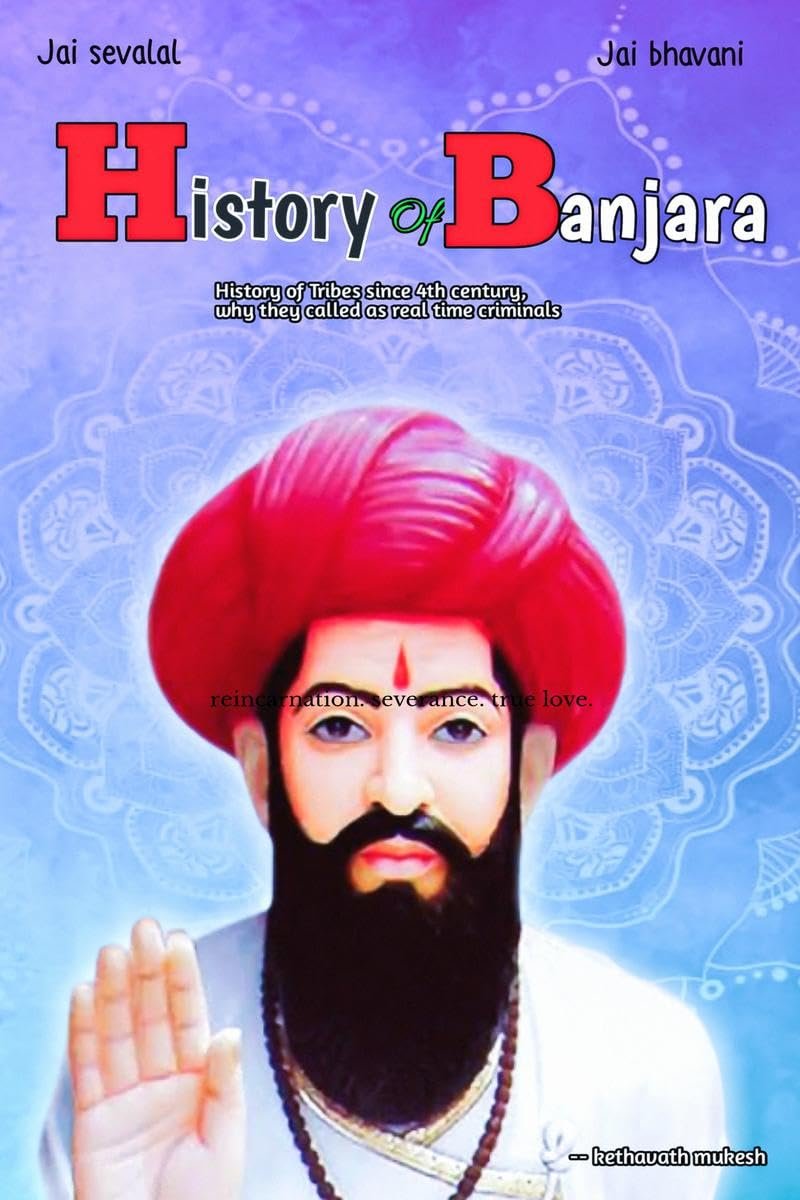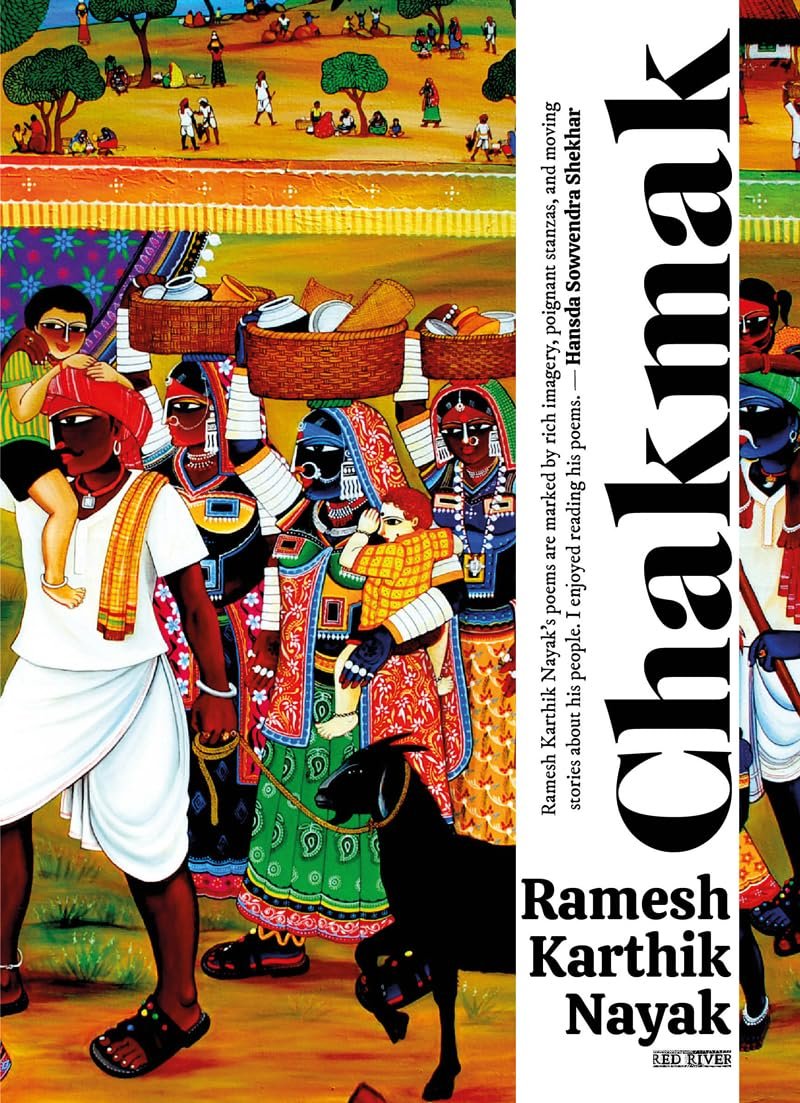
Chakmak
- Release:17 June 2024
- Views:29 times
- Price:₹270
- Pages:72
- Lable:English, Ramesh Karthik Nayak, Telugu
Chakmak Book Review
- Title: Chakmak by Ramesh Karthik Nayak – A Powerful English Poetry Collection on Banjara Life
- Author: Ramesh Karthik Nayak (also known as Nunnavath Karthik Nayak), a young Banjara poet from Telangana
- Publisher: Red River Press, 2023; Paperback, 72 pages; priced around ₹299
- Language: English — his first collection in English
Key Highlights & Themes
Tribal Voice in English Poetry
Chakmak offers a much-needed addition to English-language poetry featuring indigenous voices. Nayak brings the Banjara (Gor) experience into deeper focus, moving away from urban-centric narratives. His work is richly grounded in his tribal heritage, captured through vivid imagery and emotive storytelling.
Poetic Imagery
His poems evoke a visceral connection with nature and ancestral memory. Hindustan Times notes:
“The poems reveal a continuity with the life of the land, beyond the human and even beyond the animate…”
Political & Existential Depth
Poems like Who Is God? probe identity, displacement, and the broader socio-political alienation of tribal lives. Outlook India describes Chakmak as “sharp and it cuts deep,” proving that poetry should carry both beauty and purpose.
Critical Reception
- Goodreads: A reader writes, “The notion of the sacred permeating all of nature… powerful meditations on death… leave a reader with a sense of resilience and deep respect for the Banjaras.”
- The Antonym review calls it a pioneering work that brings the “periphery to the centre,” noting: “We can smell the soil from them… he deconstructed the hegemonic language of Indian Anglophone poetry.”
Why This Collection Matters
- A Fresh, Rooted Voice: Nayak introduces a poetic style anchored in tribal memory and oral traditions.
- Literary Recognition: He is currently the first tribal recipient of the Sahitya Akademi Yuva Puraskar for his Telugu writing—in addition, Chakmak earned the Muse India Young Writer Award 2024.
- Blurring Boundaries: The collection resists neat categorization, blending lyricism with cultural and socio-political reflections.
Final Impression
Chakmak is more than poetry—it is a bridge connecting the silenced histories of the Banjara community to global literary consciousness. Nayak’s lines are earthy, urgent, and luminous—a necessary voice emerging from the margins.

